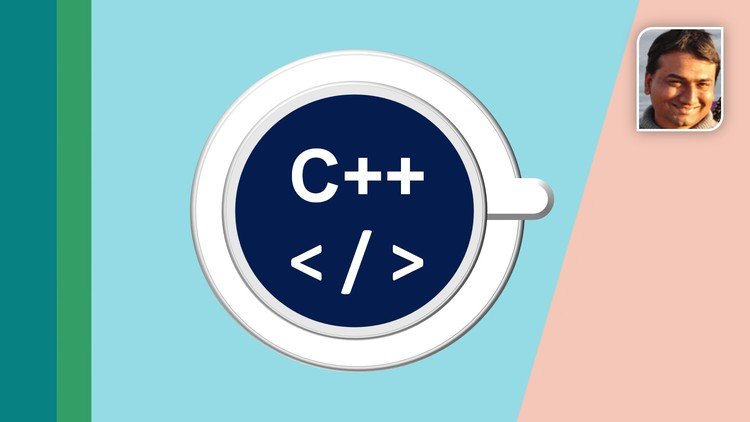Get the coupon in the end of description.
Description
Welcome to the Python Professional Level 1 (PCPP1™) Course, your pathway to mastering advanced Python programming skills and preparing for the PCPP1™ certification. This course is crafted for developers who have a solid foundation in Python and are ready to tackle more complex topics and techniques that set professional-level programmers apart. By the end, you’ll not only be prepared for the PCPP1™ certification exam but also equipped with skills that can be applied directly to real-world projects and professional settings.
Who Should Take This Course?
This course is ideal for individuals who have intermediate Python experience and are looking to take their skills to the next level. It’s designed for:
Software Developers and Engineers: Professionals in software and backend development who want to deepen their Python expertise to build robust, scalable applications.
Data Scientists and Data Engineers: Those looking to leverage Python in data-intensive environments, managing large datasets, optimizing code for performance, and implementing advanced data processing techniques.
IT and Network Professionals: Technologists who wish to automate system-level tasks, create network-based applications, and work with advanced concurrent programming.
-
Certification Seekers: Learners who aim to achieve the PCPP1™ certification as a formal recognition of their skills and who want a structured curriculum that covers all necessary topics for success.
If you’re excited about advancing your Python capabilities, this course is your opportunity to gain expertise in areas like object-oriented programming, functional programming, data handling, and network programming.
Course Overview
This course covers essential advanced topics in Python that every professional should know. Here’s what you can expect to master:
1. Advanced Object-Oriented Programming (OOP)
Classes and Special Methods: Go beyond the basics with special methods like __str__, __repr__, __getitem__, and more, to create custom behaviors within your classes.
Inheritance and Polymorphism: Explore complex inheritance hierarchies and polymorphism, enabling flexible, reusable code.
Encapsulation and Data Management: Learn to manage data within your classes, control access, and implement data hiding effectively.
Advanced OOP is critical for building applications that are scalable, maintainable, and follow best coding practices. By the end of this module, you’ll be able to create highly organized and functional applications.
2. Advanced Functions and Functional Programming
Higher-Order Functions and Lambdas: Gain an in-depth understanding of higher-order functions, lambdas, and their applications.
Decorators and Closures: Learn to use decorators to enhance functionality, handle additional processing, and control code flow.
-
Recursion and Functional Programming Techniques: Master recursive techniques and explore functional programming concepts that allow for more modular, reusable code.
Functional programming is a key skill for building complex applications that demand clean, efficient, and testable code. This module will give you the flexibility to approach problems in new ways and to produce highly readable and maintainable Python code.
3. File Processing and Data Stream Handling
File Operations: Work with files in multiple modes, handle binary data, and utilize context managers to streamline file handling.
Data Streams and Large File Handling: Learn to process large files and streams, manage data in different formats, and handle data efficiently.
File handling is essential in almost any application that interacts with data. This module will empower you to work with data streams and large files, managing file I/O operations reliably and securely.
4. Testing, Debugging, and Profiling
Unit Testing with Python: Explore testing frameworks like unittest and pytest for comprehensive, automated testing.
Debugging Tools and Techniques: Use debugging tools and logging to find and fix errors in complex codebases.
Code Profiling for Performance Optimization: Learn to profile your code, identify bottlenecks, and optimize for performance.
Testing, debugging, and profiling are crucial for developing stable and optimized software. This module will provide you with the tools to ensure that your code performs well and meets high-quality standards.
5. Interprocess Communication (IPC)
Concurrency with Multiprocessing: Use Python’s multiprocessing module to handle concurrent processes and parallelize code for efficiency.
Shared Memory, Queues, and Pipes: Learn to synchronize processes and manage interprocess communication using shared resources and synchronization techniques.
Interprocess communication is essential in modern applications that require high performance and responsiveness. This module will allow you to handle multiple processes and manage shared data, preparing you for complex, scalable applications.
6. Network Programming
Building Networked Applications: Use Python’s socket module to build client-server applications and manage network communication.
Secure Data Transmission: Learn to secure data transmission, handle authentication, and work with encrypted data in networked applications.







